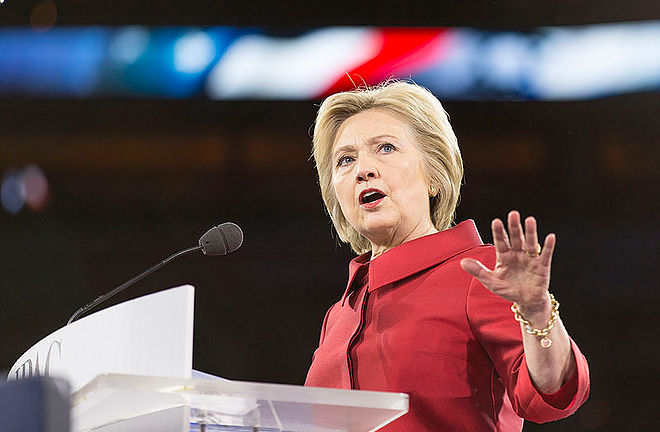For the first time in the history of the United States, the Democratic Party has elected a female to represent their party as a presidential candidate in the 2016 election. Hillary Clinton represents the first female to run for the one of the two major political parties. In addition to one leading female candidate, however, there’s another female candidate running: Green Party candidate Jill Stein.
Both women have similar views on many major issues. Stein and Clinton are both pro-choice,pro-gay rights and want to legalize marijuana. Unlike Clinton who supports marijuana for medical purposes, Stein wants to legalize recreational marijuana as well and tax it. The female candidates also support enacting stricter rules for obtaining guns.

Although they’re similar in many ways, these two ladies still differ on many key issues.
Clinton, for example, supports Obamacare whereas Stein opposes it in favor of establishing an improved Medicare system. In addition to this, the Green Party, is overall much more focused on environmental issues and Stein has been pushing for more sustainable energy sources than Clinton.
Both want to raise the national minimum wage; however, Stein would like to raise it to $15, whereas Clinton would only raise the wage to about $12.
In a mock election conducted by The Stampede, 27.3 percent of the 88 students who participated cast their ballots for Clinton, whereas only 6.8 percent of those students voted in favor of Stein. These statistics demonstrate that overall, students at Milligan are more supportive of Clinton over Stein.
“I don’t necessarily support both of them and their ideas but I think it’s cool that women are getting to run for political office,” freshman Macy Foote said.

Although some male and female students alike may not fully support the candidates in their political ideology or platforms, many–like Foote–are supportive of the idea that women are getting to take a more active role in representing political parties in the presidential election.
Freshman Sarah Masih, stated that she sees this election as a “game changer” and that having two female candidates “changes our ideals and challenges us to think differently about what we might normally view as traditional.”
“I think the candidates represent us as a country, but Hillary doesn’t necessarily represent women, and (Donald) Trump doesn’t necessarily represent men,” Masih said.
She elaborated on this idea, stating that she believes a voter shouldn’t simply choose who they are going to vote for based on their gender, but how they represent the country as a whole.

